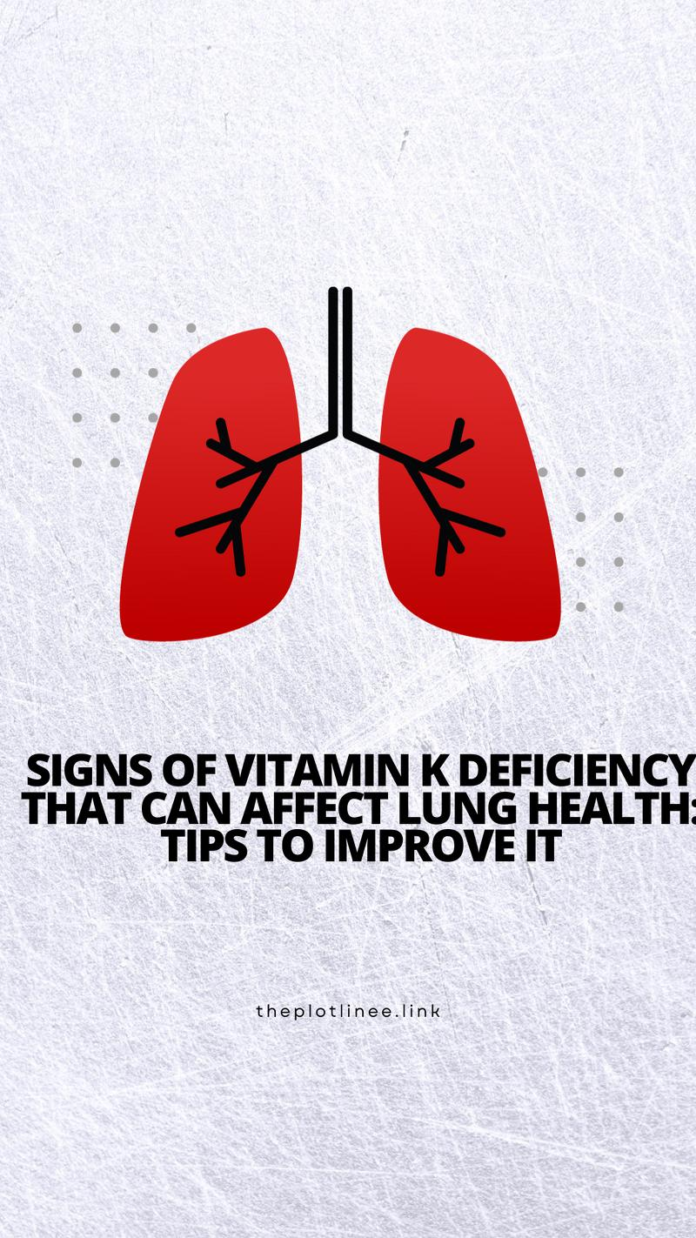
Understanding the Symptoms and Causes of Low Red Blood Cell Count
Red blood cells are a critical component of our body’s functioning. They carry oxygen from the lungs to the rest of the body and transport carbon dioxide back to the lungs to be exhaled. Therefore, a low red blood cell count, also known as anemia, can have a significant impact on a person’s overall health and well-being. In this article, we will delve into the symptoms and causes of low red blood cell count and explore potential treatments for this condition.
Symptoms of Low Red Blood Cell Count
The symptoms of low red blood cell count can vary depending on the severity of the anemia and the individual’s overall health. However, some common symptoms include:
– Fatigue and weakness: Since red blood cells are responsible for carrying oxygen to the body’s tissues, a low red blood cell count can lead to feelings of exhaustion and weakness.
– Shortness of breath: A decreased supply of oxygen to the body’s tissues can lead to difficulty breathing and shortness of breath, particularly during physical activity.
– Pale or yellowish skin: A low red blood cell count can cause the skin to appear pale or yellowish due to a lack of healthy red blood cells.
– Dizziness or lightheadedness: Anemia can lead to a lack of oxygen reaching the brain, resulting in feelings of dizziness or lightheadedness.
– Headaches: Reduced oxygen supply to the brain can cause frequent headaches in individuals with low red blood cell count.
– Cold hands and feet: Anemia can lead to poor circulation, resulting in cold hands and feet.
– Chest pain: In severe cases of anemia, the heart may need to work harder to compensate for the lack of oxygen-carrying capacity of the blood, leading to chest pain.
– Irritability: Anemia can also lead to mood changes and irritability due to the lack of oxygen reaching the brain.
Causes of Low Red Blood Cell Count
There are several potential causes of low red blood cell count, including:
– Iron deficiency: Iron is essential for the production of hemoglobin, the protein that enables red blood cells to carry oxygen. A lack of iron in the diet or poor absorption of iron in the body can lead to iron-deficiency anemia.
– Vitamin deficiency: Deficiencies in vitamins such as B12 and folate can also lead to low red blood cell count. These vitamins are necessary for the production of red blood cells, and a lack of them can result in anemia.
– Chronic diseases: Certain chronic diseases, such as kidney disease, cancer, and autoimmune disorders, can lead to anemia by affecting the body’s ability to produce red blood cells.
– Bone marrow problems: Conditions that affect the bone marrow, such as leukemia and myelodysplastic syndromes, can lead to a decrease in red blood cell production.
– Chronic blood loss: Chronic blood loss from conditions such as ulcers, heavy menstrual periods, and gastrointestinal bleeding can result in low red blood cell count over time.
– Inherited disorders: Inherited disorders such as sickle cell anemia and thalassemia can lead to low red blood cell count due to abnormal hemoglobin production or function.
Treatment for Low Red Blood Cell Count
The treatment for low red blood cell count will depend on the underlying cause of the anemia. Some potential treatment options include:
– Iron supplementation: For individuals with iron-deficiency anemia, iron supplementation may be prescribed to help restore iron levels and improve red blood cell production.
– Vitamin supplementation: In cases of anemia due to vitamin deficiencies, such as B12 or folate deficiency, supplementation with the deficient vitamins may be necessary to correct the anemia.
– Blood transfusions: In severe cases of anemia, particularly those caused by chronic blood loss or bone marrow problems, blood transfusions may be necessary to quickly increase red blood cell count.
– Medications: There are medications available to stimulate the production of red blood cells in the body, such as erythropoietin-stimulating agents for individuals with chronic kidney disease.
– Treatment of underlying conditions: For cases of anemia caused by chronic diseases or inherited disorders, treating the underlying condition may help improve red blood cell count.
In addition to these treatments, dietary and lifestyle changes may also be recommended to support the production of red blood cells. Consuming a diet rich in iron, vitamin B12, and folate, as well as engaging in regular physical activity, can help support the body’s ability to produce healthy red blood cells.
Conclusion
Low red blood cell count, or anemia, can have a significant impact on a person’s overall health and well-being. It is essential to recognize the symptoms of low red blood cell count and seek medical attention to determine the underlying cause of the anemia. Once the cause is identified, appropriate treatment can be administered to help restore red blood cell count and improve oxygen-carrying capacity in the body. By understanding the symptoms and causes of low red blood cell count, individuals can take proactive steps to address this condition and support their overall health and vitality.

















